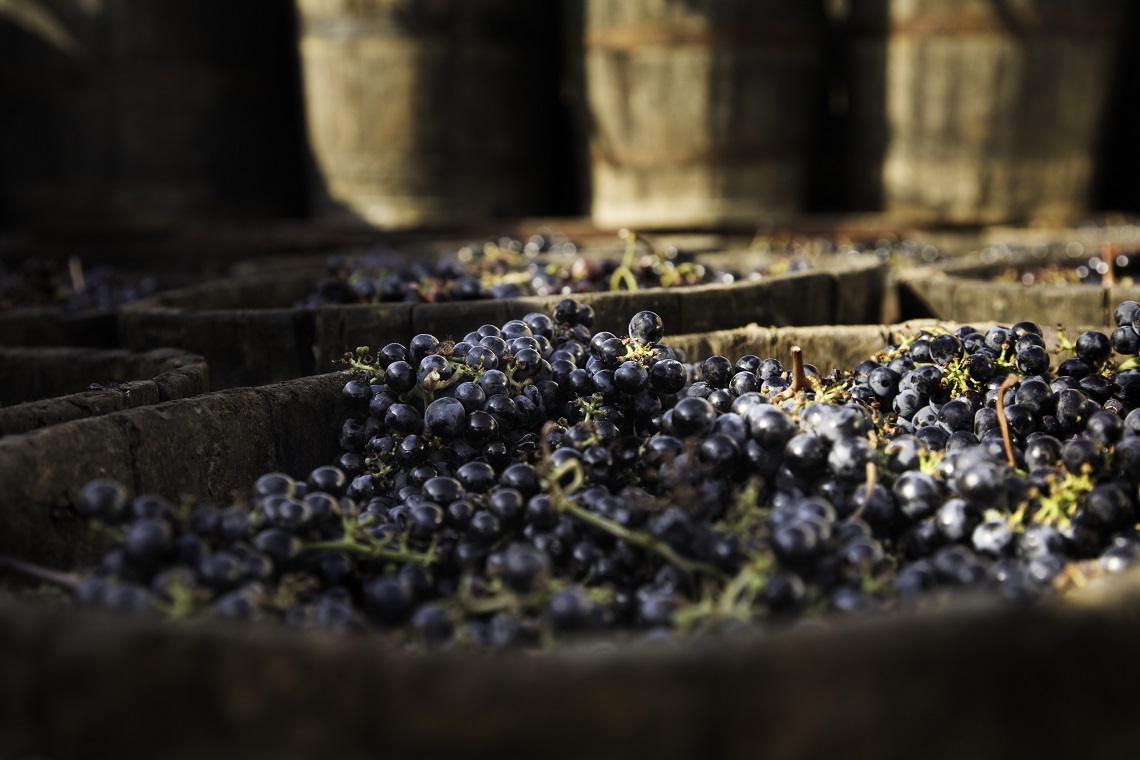The Australian Competition and Consumer Commission (ACCC) has released its Wine Grape Market Study Final Report, which makes 10 recommendations including some relating to payment terms and price transparency.
Australian Grape & Wine has raised a number of concerns about the report saying that the recommendations could threaten the long-term viability of businesses along the wine supply chain and that the payment recommendations could dampen competition and push down grape prices.
The ACCC said the recommendations in its report would improve the efficiency and fairness of wine grape markets in Australia’s warm climate grape growing regions, where most of Australia’s wine is produced.
“We remain concerned about harmful market practices we have uncovered during the past 12 months, which stem from the bargaining power imbalance that exists between winemakers and growers,” ACCC Deputy Chair Mick Keogh said.
“Our final recommendations include measures to address this imbalance between grape growers and large winemakers, as well as ways of boosting price transparency in the market and improving grape quality assessment.”
The ACCC has recommended all winemakers phase out long-term payment periods in their contracts with growers, and that large winemakers make payment within 30 days of grape delivery.
In addition, the watchdog said that all winemakers should review their standard form contracts with growers to ensure they do not include other terms likely to be unfair, according to the legal standard.
“Some contract clauses we have seen, such as lengthy payment terms and unilateral rights for winemakers to vary agreements, clearly put growers at a significant disadvantage,” Keogh said.
“The ACCC will shortly initiate investigations into potential unfair contract terms in wine grape supply agreements. We may take enforcement action against traders whose contracts we consider contain unfair terms.”
To address the lack of pricing transparency, the ACCC has also recommended a significant change to the way grape prices are reported in the industry.
Instead of the current ‘indicative pricing’ system which involves winemakers announcing their indicative prices in December, well after most grape growers have already signed contracts, the ACCC has recommended mandatory post-season price reporting by all major winemakers, with the prices paid to be publicly reported at the completion of each season.
Keogh added: “Under this proposal, grape growers will have detailed information available of actual prices paid by winemakers over the previous season, to inform their decision about which winemaker to supply in the coming season.”
The ACCC’s other recommendations include that:
- All winemakers sign the voluntary Australian Wine Industry Code of Conduct, and parts of this code be strengthened, including its process for dispute resolution.
- National uniform standards for testing and measuring grape sugar levels and colour be developed, to address concerns that current quality assessments lack transparency and can be manipulated.
- Warm climate grower representative organisations should publicly report market trends analysis, with support from Wine Australia.
“While our study focused on warm grape growing regions, several of our recommendations would benefit the entire Australian wine industry, and should be adopted more broadly,” Keogh said.
UNINTENDED CONSEQUENCES
However Australian Grape & Wine said that the report seeks to artificially divide the market by setting different rules for different geographic zones.
“While the ACCC’s report presents a number of recommendations we will support, the recommendations relating to payment terms and price transparency create the potential for unintended consequences that erode recent market improvements” said Tony Battaglene, Chief Executive of Australian Grape & Wine.
“The ACCC’s recommendation relating to thirty-day payment terms would reduce competition. Growers will choose to sell to larger winemakers which would be required to pay for grapes in fewer days, while small and medium sized winemakers would face restrictions in both their ability to secure fruit and access finance.”
“The suggestion that there can be one system in South Australia and another for the rest of the country is absurd. It would make it harder to do business and incentivise investment and production in one state over others.”
He added: “There is a recognition that growers need better market information. However, publicly identifying companies and prices will not solve the issue at hand, and will give our major retailers a free kick, enabling them to use this information to further tighten margins. The ACCC’s lack of attention to retailer power is a clear flaw in this study given the retailers’ effective duopoly and their role as winemaker competitors.”
Australian Grape & Wine said there are some positives and that it will review the voluntary Wine Industry Code of Conduct to modernise its content and attract a greater number of signatories.
“Australian Grape & Wine commenced a comprehensive review of the existing code this year and we expect a new code to be developed in time for the 2020 vintage. Quite simply, we believe that if we can find the right balance in the code, more industry participants will sign up, addressing many of the ACCC’s concerns,” said Battaglene.
Australian Grape & Wine also considers the ACCC’s recommendations relating to quality assessment and contract terms will drive benefits across the wine supply chain.
Battaglene added: “While it’s disappointing to receive such a mixed-bag of recommendations from the ACCC, we will now work with members to assess what can be implemented immediately and what requires more work. We support strengthening relationships along the wine supply chain, but it is a mistake to unnecessarily intervene in a market that is experiencing its best conditions in many years.”
The ACCC will review the industry’s progress in adopting its recommendations in 12-18 months, and will consider recommending a mandatory code for the sector if little progress is made.
“If the industry does not take this opportunity to act, we are likely to recommend introducing a mandatory code. This action must include, at a minimum, all large winemakers signing and complying with the strengthened voluntary industry code,” Keogh said.

